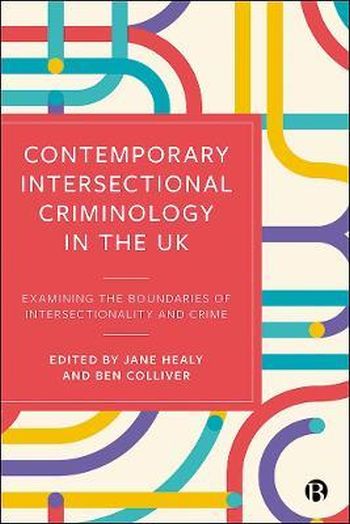
This is the first collection dedicated to the use of intersectionality as theory, framework and methodology in criminological research. It draws together comtemporary British research to demonstrate the value of intersectionality theory in both familiar and innovative applications, including race, gender, class, disability, sexual orientation and age. Experts explore a range of experiences relating to harm, hate crimes and offending, and demonstrate the impacts of oppression on complex personal identities that do not fit neatly in homogenised communites. Challenging conventional perspectives, it positions intersectionality firmly into the mainstream of criminology.
The is first edited collection to recognise the value of intersectionality as a framework for criminological research outside the traditional application of race, class and gender. The unique selling point of this edited collection is the innovative, and contemporary application of intersectional frameworks, theories and methodologies.